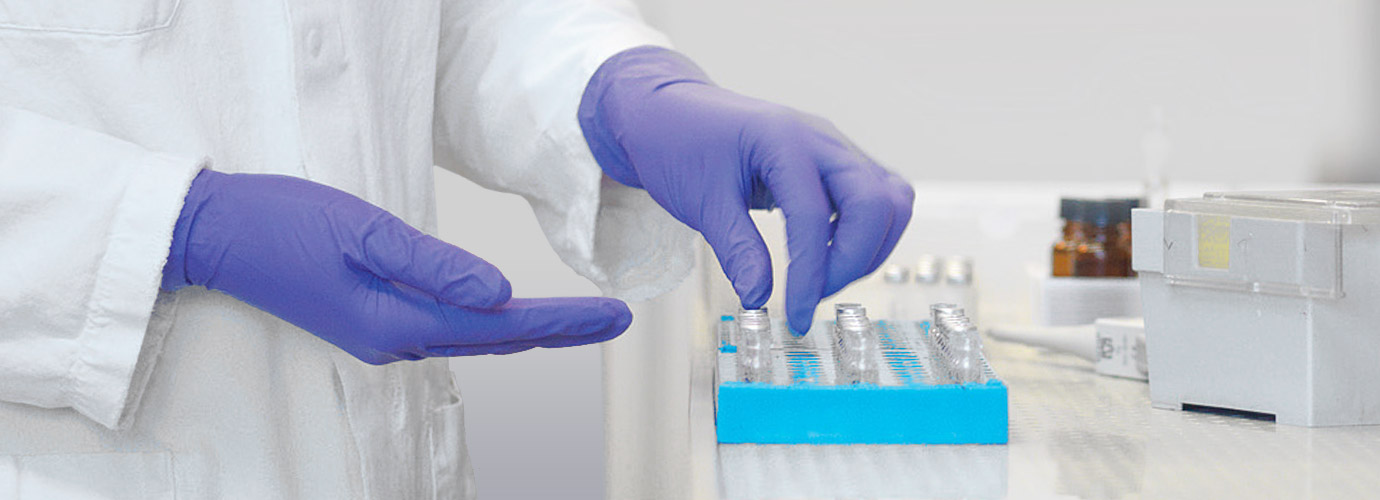Probiotics: L. fermentum ameliorates high fat diet-induced obesity in vivo

05.2021
Author Sandra Rühle, M.Sc. in Nutritional Science
The association between the human gut microbiota and the development of obesity or obesity-related diseases has been the focus of increasing scientific attention for several years. The imbalance in the gut microbiota caused by obesity is associated with increased intestinal permeability, i.e. increased permeability of the intestinal mucosa, as well as increased systemic inflammation in the body. Modulation of the gut microbiota could lead to amelioration of these pathogenic mechanisms. The probiotic strain Lactobacillus fermentum CECT5716 (recently renamed Limosilactobacillus fermentum), which was already shown to have positive effects in models of colitis and hypertension, offers a promising approach.
Study design:
Male mice were divided into three groups and fed different diets for eleven weeks (n=10 per group):
- standard diet (13% calories from fat, 20% calories from protein and 67% calories from carbohydrates)
- high-fat diet (59% calories from fat, 13% calories from protein and 28% calories from carbohydrates)
- high-fat diet and 5x108 CFU L. fermentum CECT5716
Results:
The administration of L. fermentum to the HFD-fed mice resulted in significantly lower weight gain and smaller fat depots as compared to the HFD-fed mice that did not get the probiotic supplements. It was also associated with an improvement of their glucose and lipid metabolism. L. fermentum downregulated the expression of pro-inflammatory mediators in HFD-fed mice as well as upregulated the expression of key transcription factors that control adiponectin.
Reference:
[1] Jose Alberto Molina-Tijeras et al., Lactobacillus fermentum CECT5716 ameliorates high fat diet-induced obesity in mice through modulation of gut microbiota dysbiosis, Pharmacological Research, (2020) doi:https://doi.org/10.1016/j.phrs.2021.105471
Find out more about the use of L. fermentum in HiPP Infant Formulae


